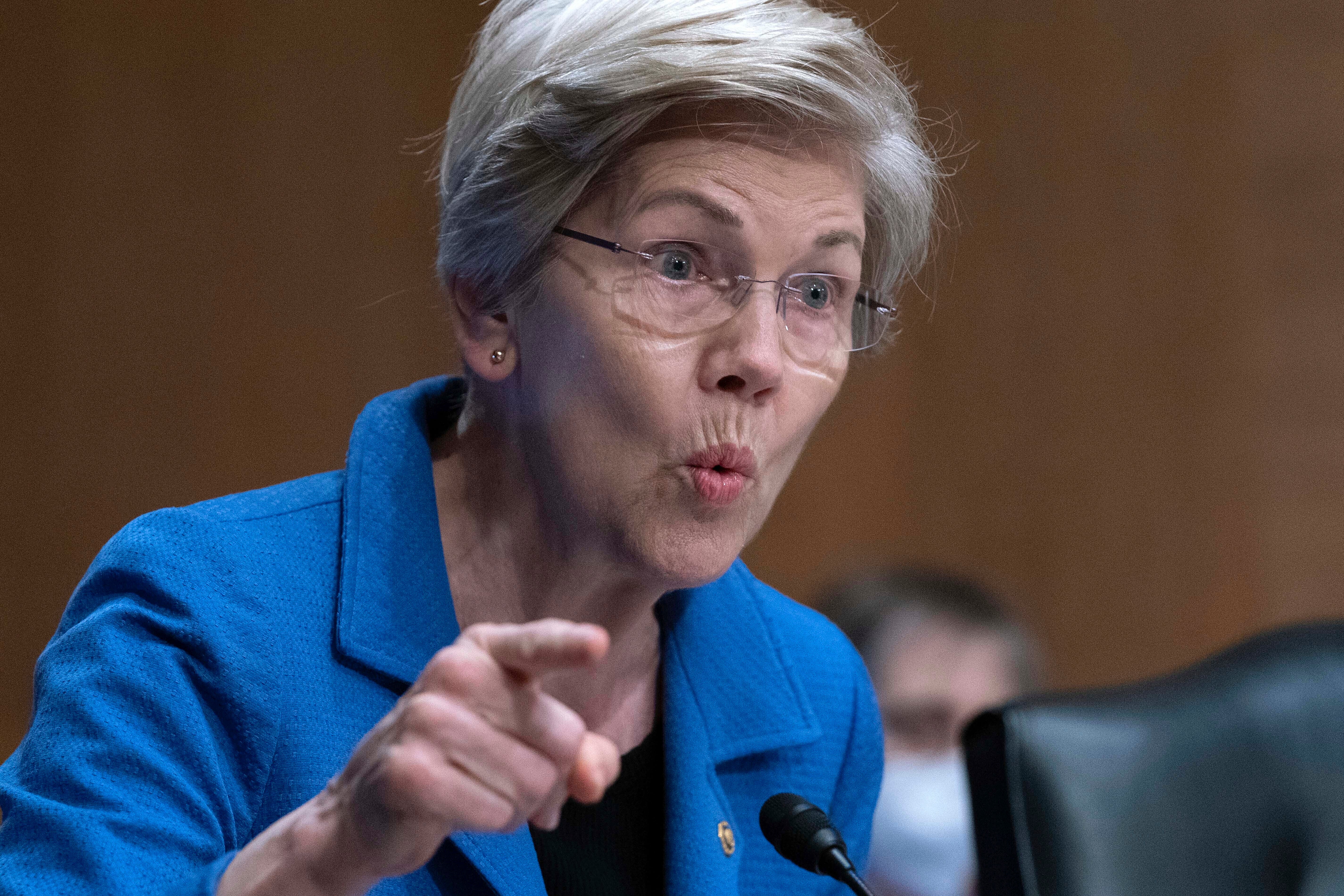Medical credit cards may lead patients to overpay for their health care, Democrats warn
A group of Democratic senators is asking the Consumer Financial Protection Bureau to take action against medical credit cards such as CareCredit, saying the cards’ deferred interest features are confusing and often lead to consumers paying high interest rates after a promotional period has ended

Your support helps us to tell the story
From reproductive rights to climate change to Big Tech, The Independent is on the ground when the story is developing. Whether it's investigating the financials of Elon Musk's pro-Trump PAC or producing our latest documentary, 'The A Word', which shines a light on the American women fighting for reproductive rights, we know how important it is to parse out the facts from the messaging.
At such a critical moment in US history, we need reporters on the ground. Your donation allows us to keep sending journalists to speak to both sides of the story.
The Independent is trusted by Americans across the entire political spectrum. And unlike many other quality news outlets, we choose not to lock Americans out of our reporting and analysis with paywalls. We believe quality journalism should be available to everyone, paid for by those who can afford it.
Your support makes all the difference.A group of Democratic senators is asking the nation's consumer finance watchdog to take action against medical credit cards such as CareCredit, saying use of these cards can result in patients paying much more for their medical care than they should.
Medical credit cards have historically been used for elective procedures like cosmetic dentistry, dermatology, vision and in veterinary clinics. They come in handy for patients who can't pay a medical bill all up front
But the lawmakers, led by Sen. Elizabeth Warren, D-Mass, say the cards' deferred interest features are confusing and often lead to consumers paying high interest rates after an initial promotional period has ended. They also say that sometime the cards are used in lieu of need-based programs that hospitals and other health organizations should apply to a patient’s finances before forcing them to take on debt.
The Consumer Financial Protection Bureau, which oversees consumer financial markets, previously highlighted these issues in a report issued in May. The bureau has not taken any action since the report came out, but groups of consumer advocates are pushing for the agency to consider writing new regulations for medical credit cards.
“Our investigation shows that medical credit cards can pose a significant threat to patient’s finances. We urge CFPB to take action to curb these harms,” wrote Sen. Elizabeth Warren, D-Mass, to the bureau. Warren’s letter was signed also by Sen. Bernie Sanders, D-Vermont, and Sen. Ed Markey, D-Mass.
CareCredit has existed for decades as a popular way for patients to pay for out-of-pocket medical expenses at doctors or dentist offices. Americans spent $3.7 billion on CareCredit in the first three months of 2023, according to Synchrony Bank, the parent company of CareCredit. Americans have roughly $12 billion in outstanding loans with CareCredit.
Wells Fargo also has a medical credit card under the name Wells Fargo Health Advantage.
But what used to be a product just for elective medical procedures has slowly evolved into a credit card accepted at major doctors offices and hospitals.
CareCredit has long offered to customers a deferred interest promotional feature, which means a patient would pay no interest on a purchase if paid off within a certain period of time, usually 12 months. But if a patient failed to pay off that charge within the time limit, the interest that's accumulated over the last year can be billed all at once to the customer.
The Senators note that roughly one out of four CareCredit customers end up paying interest on their purchase, while one out of five Wells Fargo customers pay interest.
“The CFPB must take immediate action to protect patients from these shady practices, starting with putting an end to deferred interest for medical credit cards,” Warren said to The Associated Press.
The senators raise a concern that has been echoed by consumer advocates that CareCredit and Wells Fargo's expansion into traditional doctors offices could potentially be problematic, as hospital billing and insurance is never a straightforward process and often what a patient is billed is not what a patient will pay in the end. The Senators are concerned patients could be charging these cards before the hospital bill is settled.
The Senators ask the CFPB to potentially look for ways to make sure medical credit cards are used only after insurance and need-based aid is exhausted without violating a patient's medical privacy rights.
“We are also concerned by the prevalence of medical billing errors, which may put patients on the hook for charges they do not owe,” the Senators write.